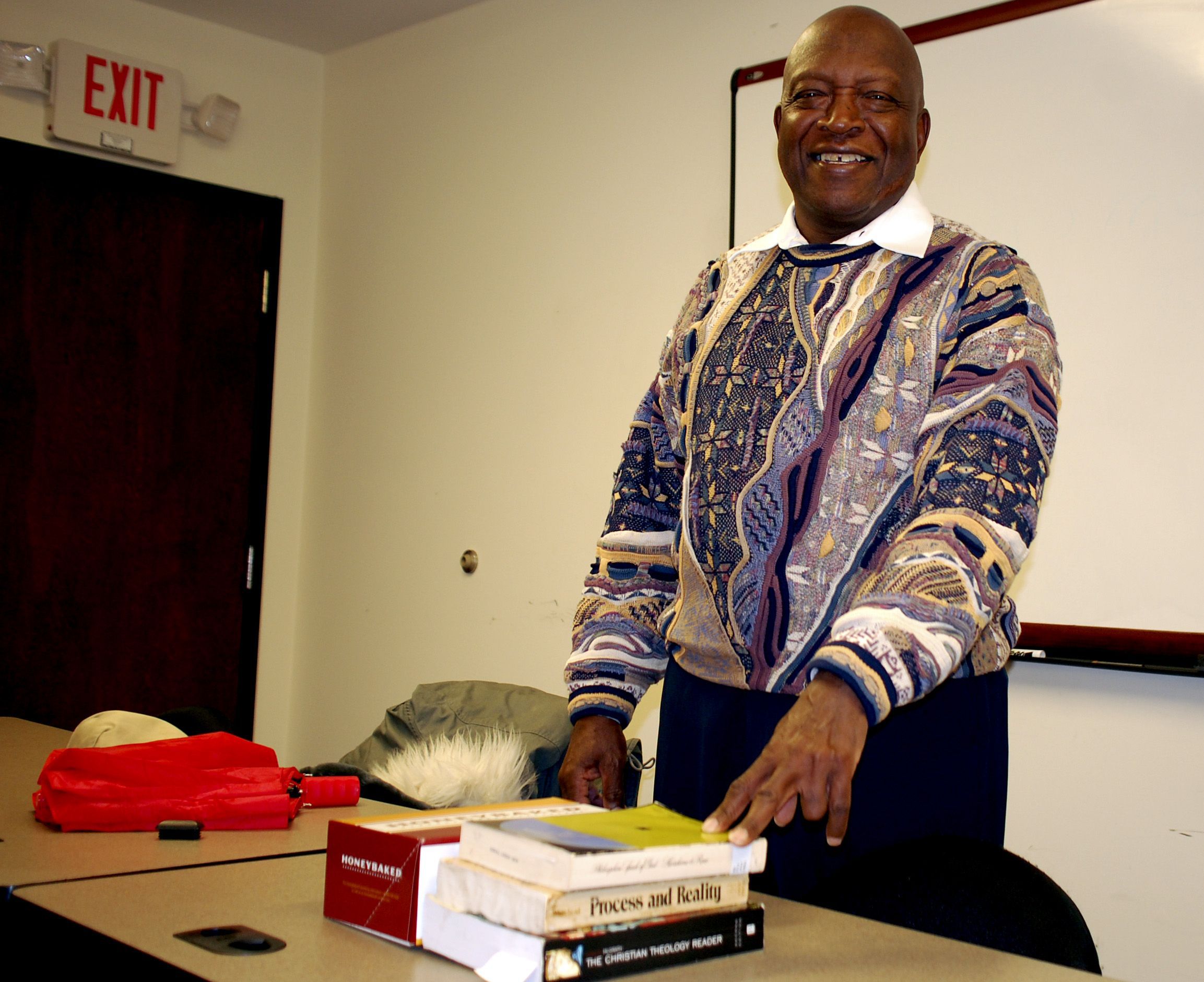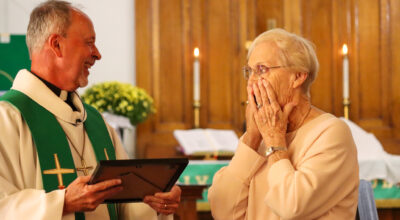Wineka column: As Mississippi college student, Young saw the power of MLK
Published 12:00 am Thursday, January 16, 2014
SALISBURY — Dr. Henry J. Young often spends the Dr. Martin Luther King Jr. holiday in a reflective, solitary mood.
He considers where we are now in race relations and where we go from here. We see glimpses of the social pluralism King envisioned all the time — evidence that the races of mankind are coming together, Young says.
But we also know it hasn’t reached the dimensions King dreamed of.
Young, now 70 and a visiting professor of theology and ethics at Salisbury’s Hood Theological Seminary, likes to call it “the present, and the not yet.”
Decades ago, as a student at Tougaloo College in Mississippi, Young marched with King over the 10 miles from the college to Jackson, the state capital.
Some 15,000 people poured into Jackson that day, June 26, 1966, completing James Meredith’s 220-mile “March Against Fear” from Memphis.
Leading the way were King, head of the Southern Christian Leadership Conference; Meredith, who in 1962 became the first black student to enroll at the University of Mississippi; King’s wife, Coretta Scott King; Stokely Carmichael, leader of the Student Non-Violent Coordinating Committee; and Floyd B. McKissick, national director of the Congress of Racial Equality.
“King was at the front, and I was very close to the front,” Young recalls. “I had glimpses of him.”
Marching with King and hearing him speak several times that summer changed Young. It led him to study systematic theology at Boston University, just as King had done, and for the rest of his own teaching career, Young often focused on the teachings of both King and one of King’s biggest influences, Howard Thurman.
Being in King’s presence in 1966, when Young was a junior studying religion, philosophy and sociology, was overwhelming, Young says.
“It was like the mystery of God was unveiled,” he says, “as he articulated our reason for being there.”
It was a historic time, and Tougaloo became a crucial sounding board for civil rights leaders and how the movement should continue.
Not long after Meredith started his march to protest racism on June 6, 1966, he was shot and wounded by a sniper’s bullet.
In response, virtually all major factions of the civil rights movement descended on Mississippi to continue Meredith’s march.
After Carmichael was arrested in Greenwood, Miss., and detained for several hours June 16, 1966, he angrily gave his famous “Black Power” speech.
It also made public some of the internal divisions between Carmichael’s SNCC group and King’s “Freedom Now” campaign.
With the march into Jackson, there was a big rally that same Sunday in which all the civil rights leaders, including McKissick, Carmichael and King had opportunities to speak.
As Henry Young remembers it, King went last and won the day.
“It was clear to all of us who the leader was,” Young says. “The crowd shouted over and over, ‘King is our leader, King is our leader.’”
To Young, King’s coming to Mississippi was providential, and he says you could not be in his presence without being electrified. He marks it as a pivotal moment in his life.
“It’s like a crown that God placed on my head,” Young says, adding no other person in his life ever had the same impact.
Young grew up in Boca Raton Beach, Fla., as the fifth of nine children. Working on a vegetable farm with his brothers and sisters, Young says his parents instilled important values early in their childhood.
The parents emphasized success, achievement and excellence, Young says, and he found all those aspirations embodied by King.
Young, who attended segregated schools, was the first in his family to go to college. He initially tried to enroll in Morehouse College in Atlanta, but Morehouse President Benjamin E. Mays directed him instead to Tougaloo College.
Tougaloo was unusual in that although it was predominantly black, it also was integrated and had been since its beginnings in 1869.
Young explains Tougaloo also took advantage of its being a private institution not under state control. Before the 1966 march, students at Tougaloo stood at the forefront of boycotts and protests of racial discrimination in Jackson, and Tougaloo President Dr. Adam Beittel often had to bail them out of jail.
Mississippi also was home to “Freedom Summer” in 1964, when three freedom fighters went missing and were later found buried at the bottom of a dam — shot and killed by white racists.
It was amid this backdrop that Young received his liberal arts education before going on to Boston University, which is where he was when King was assassinated April 4, 1968, in Memphis.
Young finds great satisfaction in knowing his longtime position as a professor of systematic theology at Garrett Evangelical Theological Seminary on the Northwestern University campus was once offered to King.
Young belonged to the Garrett Seminary faculty from 1980 until his retirement in 2003.
Through his career, Young often taught a course on King and Thurman.
When he worked as editor-in-chief for the Journal of the Interdenominational Theological Center in Atlanta from 1974-77, Young was able to interview Coretta Scott King.
She told Young her late husband had worshipped Thurman and was impressed by his thinking, mysticism and discourse.
“When you read Thurman and look at King closely,” Young says, “you can see the relationship.”
Thurman’s book, “Jesus and the Disinherited,” was “household reading” for King, Young says. He adds the book provided some of the mystical and spiritual foundations for the whole civil rights movement espoused by King.
The book, published in 1949, argued that Jesus taught the oppressed a faith-based, unconditional love to enable them to endure their oppression.
According to biographies, Thurman overall espoused a philosophy of “Common Ground,” teaching that humans need to seek an inner spiritual happiness to lead them to share their experience in community with others.
Thurman was King’s mentor at Boston University, and he often was at the King home in Atlanta during Martin Jr.’s childhood.
Today, in retirement, Young enjoys fishing and playing golf in Wilmington, where he has been a part-time professor in philosophy and religious studies at the University of North Carolina at Wilmington.
Last October, he also agreed to become pastor of Johnson Chapel AME Zion Church in Leland.
Young travels across the state about once a week to Hood Theological Seminary for his three-hour class.
A lot of people can say — and probably do — that they marched with Dr. Martin Luther King Jr.
But the experience went much deeper for Young, who in the end, became as fascinated with King the thinker as King the doer.
Contact Mark Wineka at 704-797-4263, or mwineka@salisburypost.com.






